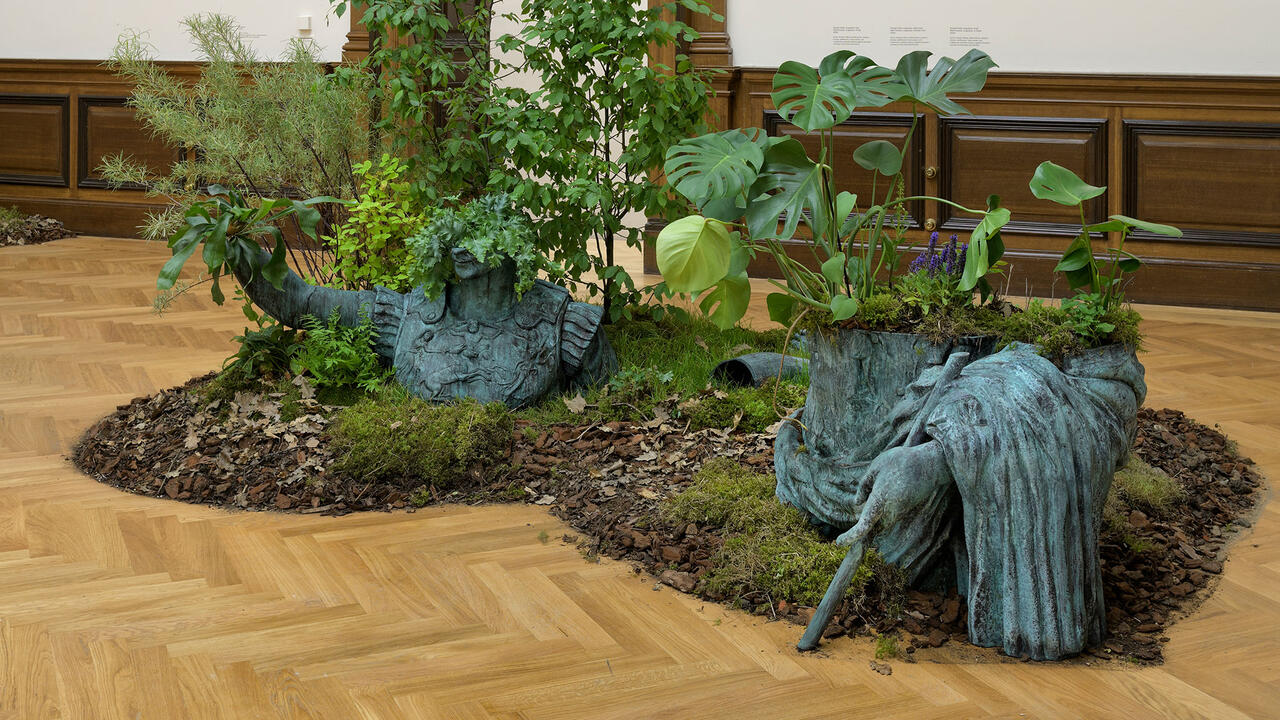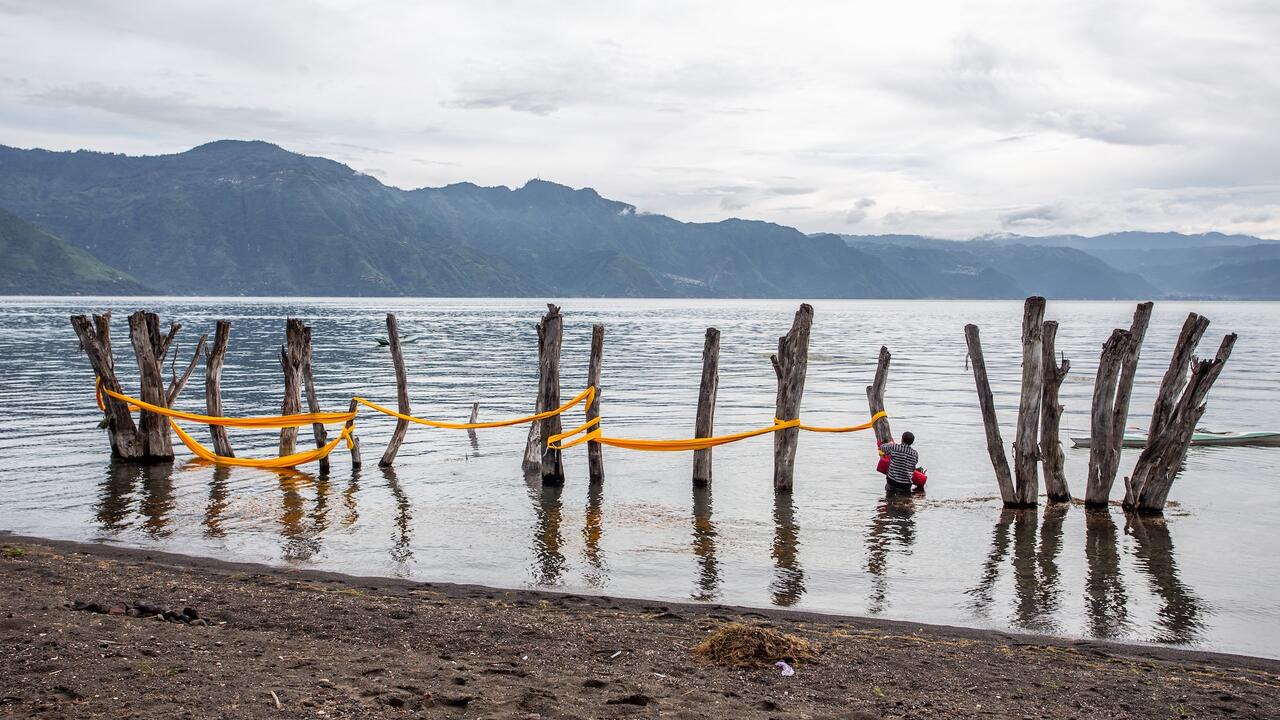Briefing
The Antarctic Biennale suffers an early setback, while Peter Doig prevails in bizarre authentication case
The Antarctic Biennale suffers an early setback, while Peter Doig prevails in bizarre authentication case

- Defne Ayas, curator and director of the Witte de With Center for Contemporary Art in Rotterdam, has withdrawn from the inaugural Antarctic Biennale. Shortly after the open call for ‘adventurous artists under 35’ was announced, Ayas wrote on Facebook: ‘Given that neither the framing nor the announcement content nor the age limit was signed off by me […] and as my press quote that offered a critical opening to the initial outset and prospect was nowhere used on the promotional materials […] I decided to pull out.’
- A Chicago court has ruled that British artist Peter Doig did not paint a landscape that was once valued at USD$10 million. Former Canadian prison official Robert Fletcher claimed that he had bought the painting – which is signed ‘Peter Doige’ – 40 years ago from the artist himself, and sued Doig when his disowning of the work caused its value to drop.
- On Monday, Malian Islamic extremist Ahmad al-Faqi al Mahdi pleaded guilty to the destruction of cultural heritage in Timbuktu, Mali, in front of the International Criminal Court (ICC) in The Hague. It represents the first time the ICC has prosecuted the destruction of cultural heritage as a war crime.
- Ai Weiwei claims that his work has been removed from the inaugural Yinchuan Biennale, opening in September, for political reasons. In a statement posted to Instagram, the Chinese artist-cum-activist wrote: ‘Censorships in communist regions have been present since the existence of the power […] Yet it still comes as a surprise to me for an ‘international art biennale’, with over a hundred international artists and a foreign curator participating, to remove a single artist for the reason of defending human rights and freedom of speech.’
- The Italian government has announced a new scheme that will see those turning 18 years old awarded €500 to spend on ‘cultural products and events’. Around 575,000 young citizens will qualify for the initiative, which will run from 15 September 2016 to 31 December 2017 and will cost an estimated €290 million.























